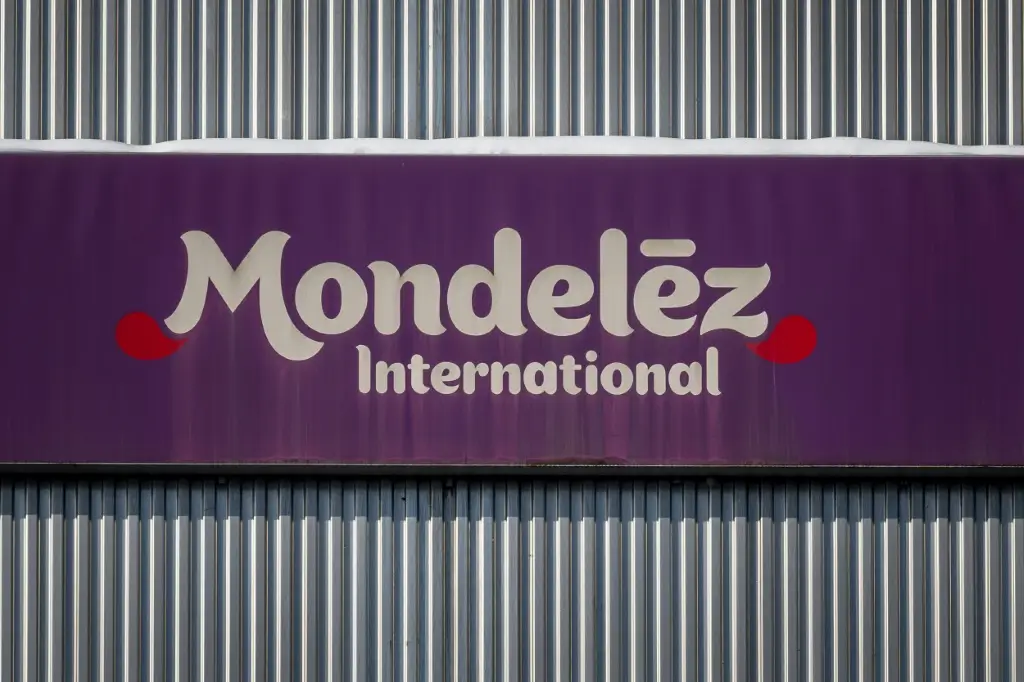
Milka's "Alpine Milk" chocolate was voted the "most blatant advertising lie of the year" in an online poll conducted by the consumer organization Foodwatch. Thirty-four percent of participants voted to award the "Golden Windbeutel" to the manufacturer Mondelez. The company had increased the price of the "Milka Alpine Milk" bar from €1.49 to €1.99 and shortly thereafter reduced the content from 100 to 90 grams.
The result was a price increase of 48 percent, as Foodwatch emphasized. "The Milka bar is a prime example of shrinkflation, and that's precisely why consumers voted it the most blatant advertising lie of the year," explained Rebekka Siegmann of Foodwatch. "Hidden price increases are an increasingly popular ploy of the food industry."
Mondelez stated that cocoa prices and costs throughout the supply chain have risen massively. Overall, the business environment is "more complex and unstable than ever." To remain competitive, the company has had to take "well-considered measures." The new weight of the bars is clearly stated on the packaging, and consumers have also been informed online.
Foodwatch, however, criticized the lack of clear indication of the change in quantity: "On the front, it says '90 g' in small letters – but you often don't see that on supermarket shelves thanks to the cardboard tabs." According to the Federal Statistical Office, chocolate prices rose by around eight percent between the beginning of 2024 and 2025 – but Mondelez increased prices by up to 64 percent during this period, Foodwatch emphasized.
Second place in the online vote, with 21.1 percent of the votes, went to a Norwegian smoked salmon from the company Fish Tales. According to Foodwatch, this salmon comes from a salmon producer with animal welfare violations. Furthermore, the salmon's origin cannot be traced back to the individual aquafarm, as advertised.
Fish Tales stated that the company was "not happy" about the award nomination and its placement, as "transparency and sustainability are at the heart" of its operations. The company pointed out that it is in the process of changing producers and will also sell salmon from the Kvaröy Arctic fish farm in Germany starting in September. The farm meets "all our criteria regarding sustainability and traceability," the company continued.
Third place in the race for the Golden Windbeutel award went to the chocolate bar "Menstru Chocbar" from Innonature. "With iron, red maca, and vitamin B6, it's supposed to contribute to well-being during menstruation, although this hasn't been proven for any of the three ingredients," criticized Foodwatch. 17.8 percent of voters considered this the most blatant advertising lie.
Innonature pointed out that the chocolate bar addresses "the need for sweetness during menstruation, one of the most common accompanying symptoms," and has a "significantly lower sugar content than the market average." "At the same time, we do not promise pain relief through consumption of the bar, but always adhere to applicable EU legal standards," explained Innonature CEO Sarah Müller.
Following in fourth and fifth place were Rama margarine from the Flora Food Group and Dirtea Glow iced tea from rapper Shirin David. Foodwatch criticized the margarine for being advertised with the claim "100 percent natural ingredients," even though it was full of "additives and industrially produced ingredients." Shirin David advertised her iced tea with a visible glow effect for "beautiful skin and nails."
Foodwatch awarded the Golden Windbeutel for the 14th time. The consumer organization has long been committed to combating label fraud and calling for improved labeling regulations. More than 58,000 votes were cast in this year's online vote.